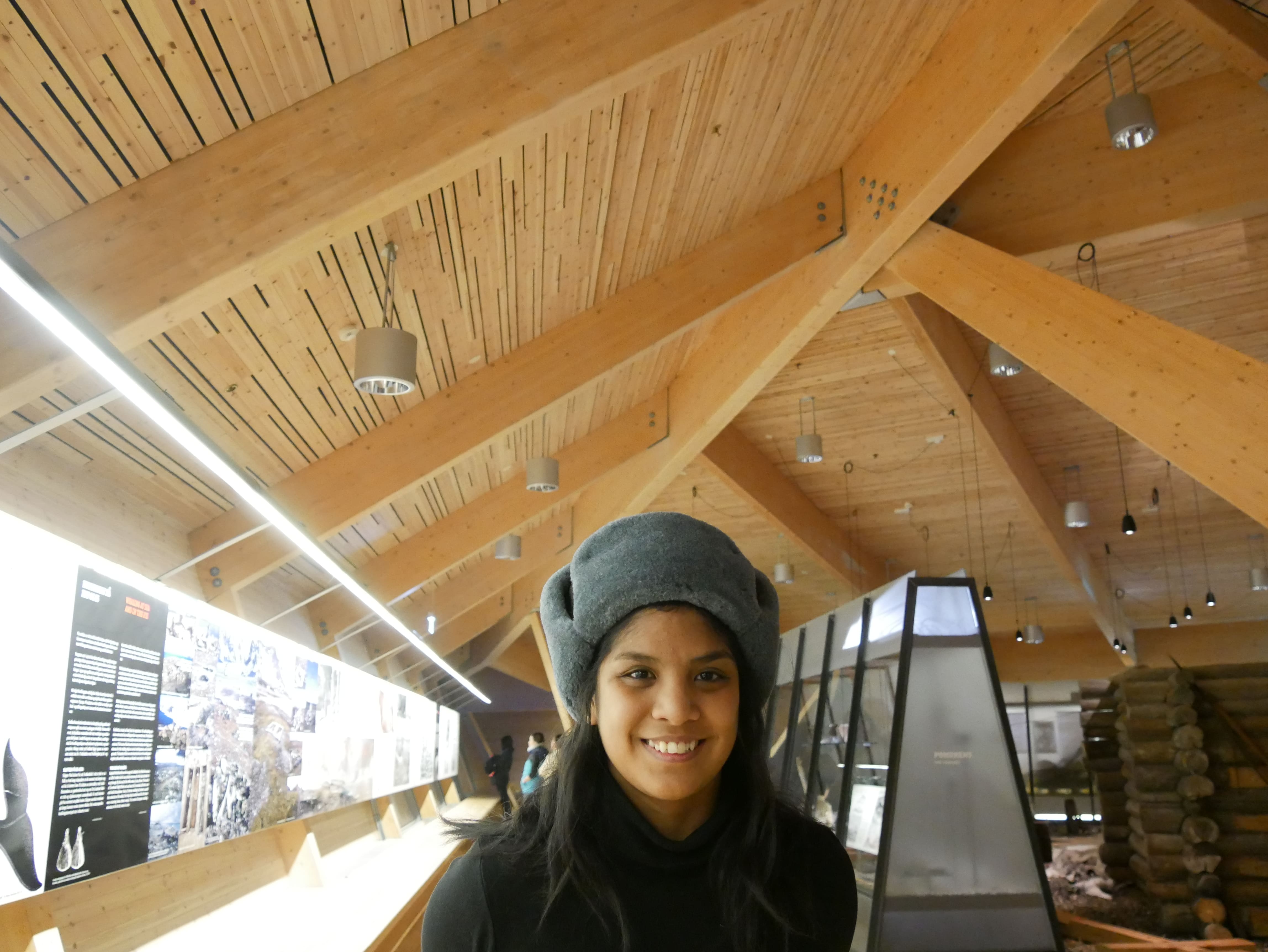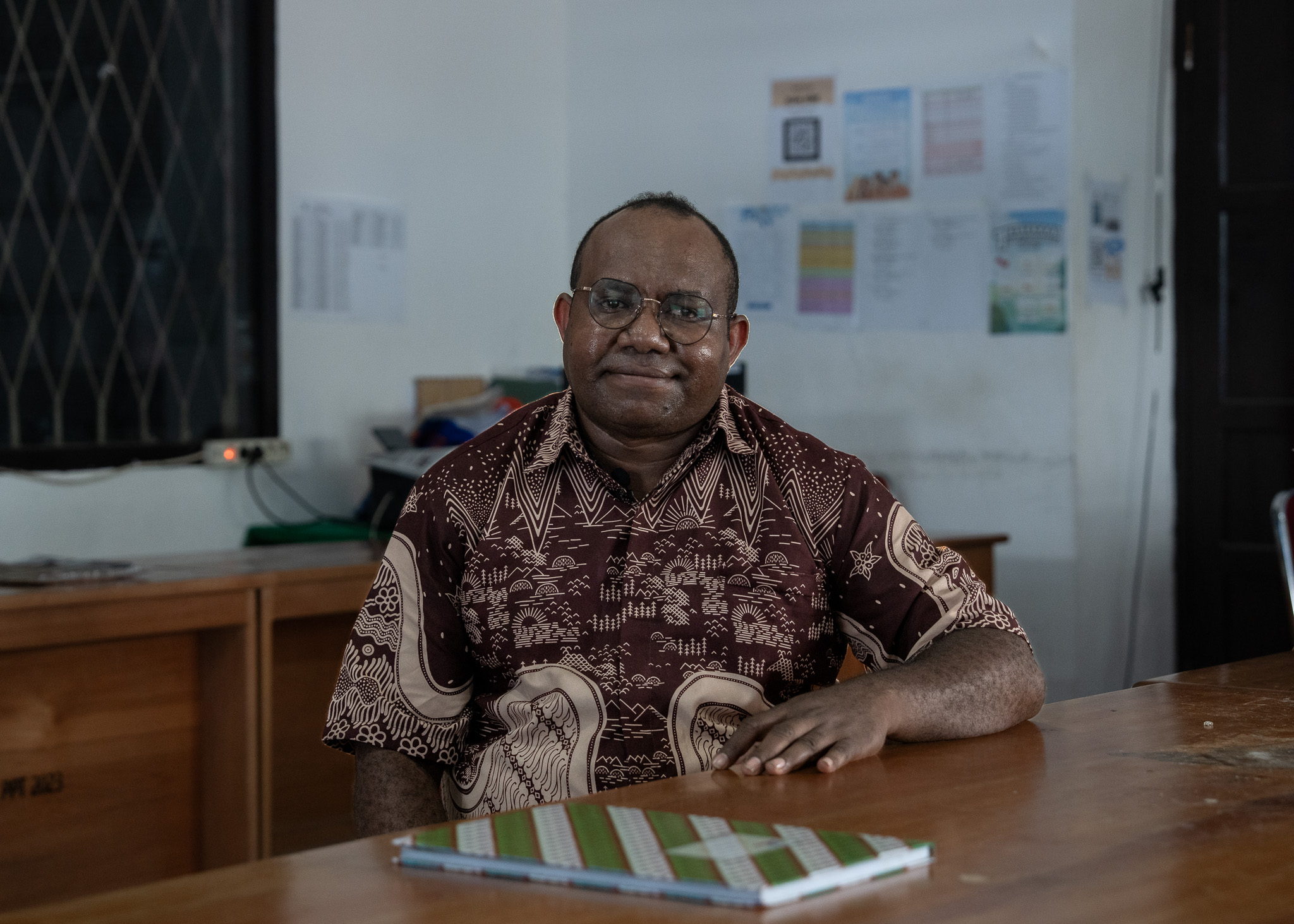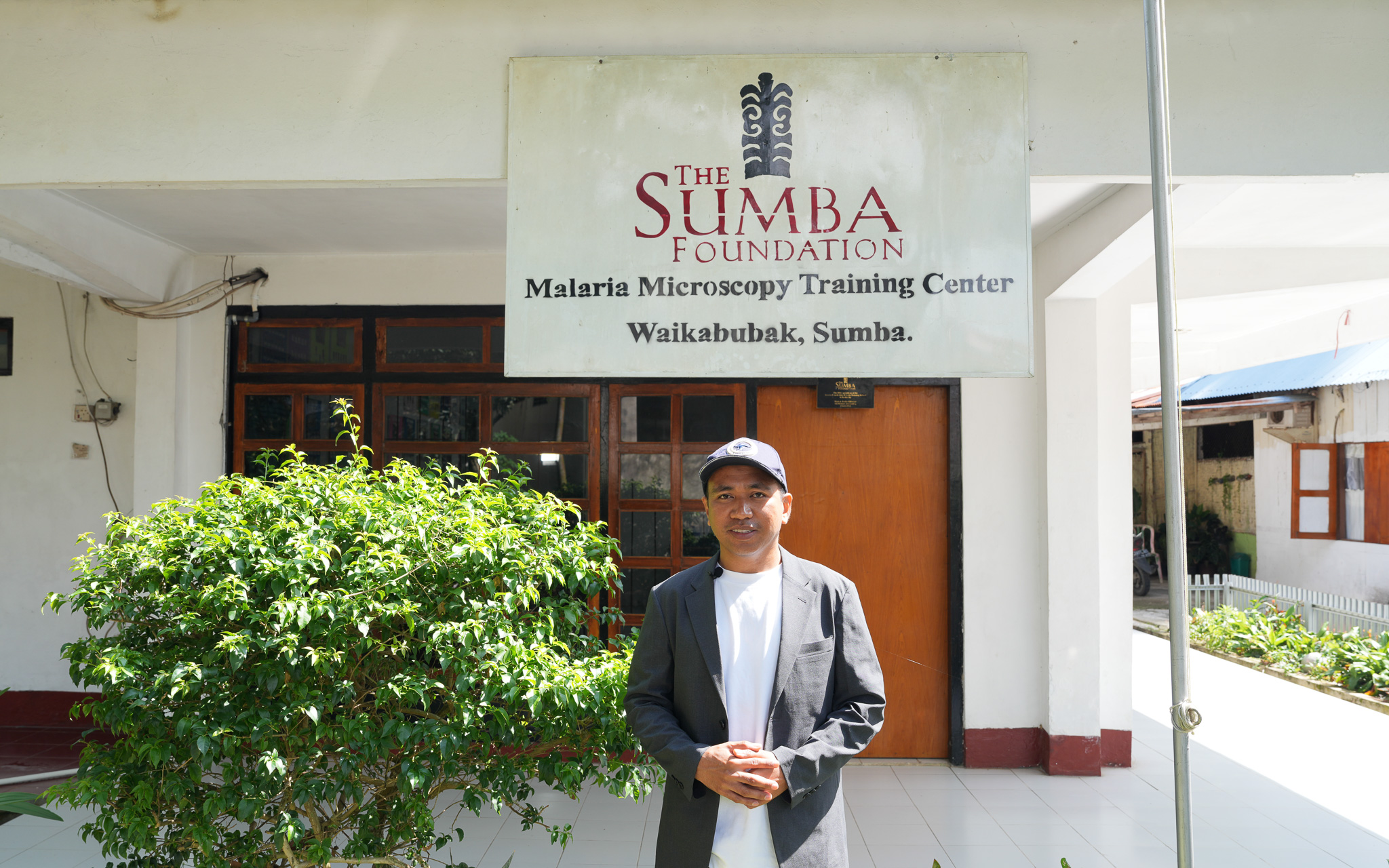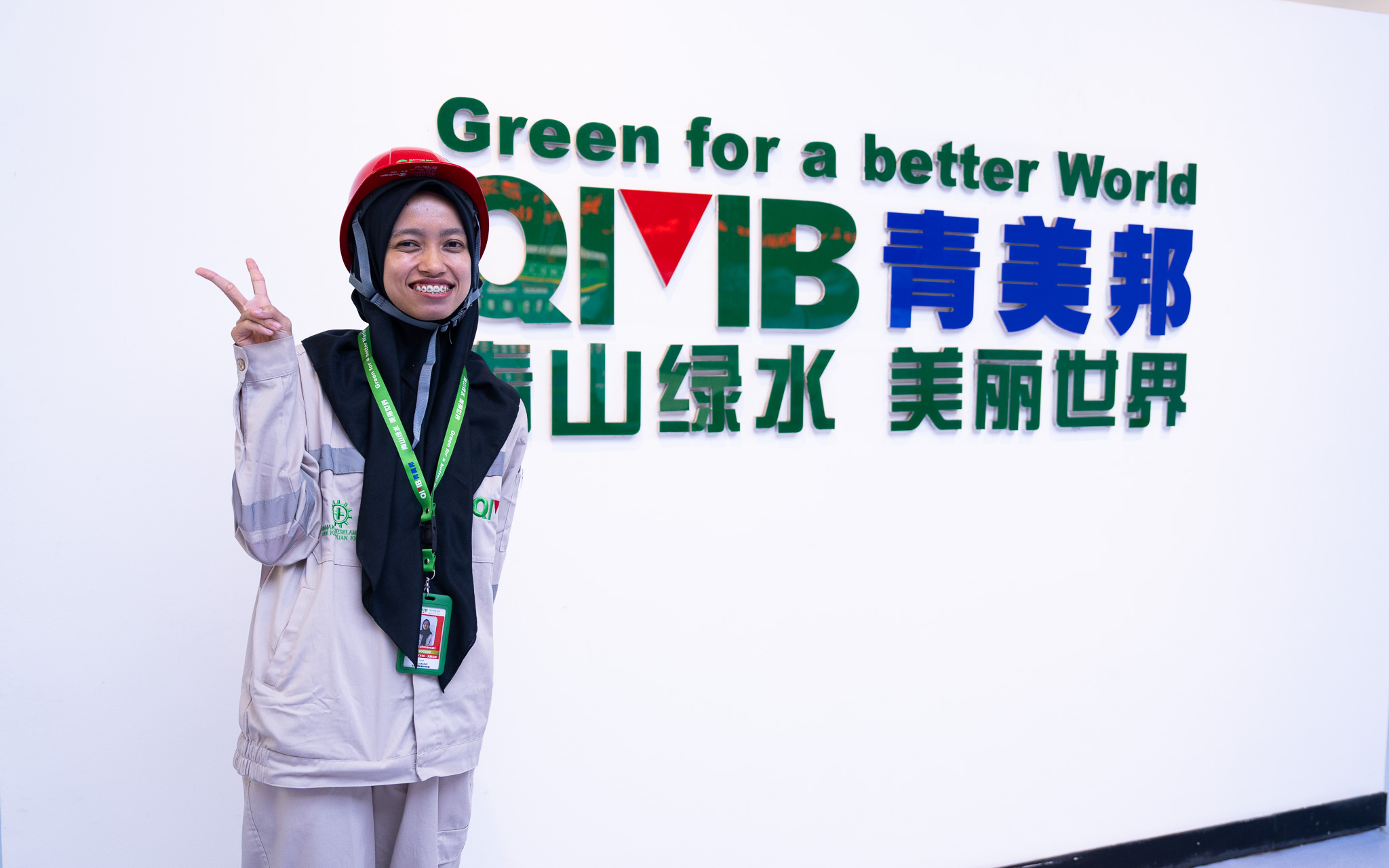"In the end, the decision to go to school may not be rational. A more rational decision is, it's better for us to migrate because it can feed the siblings at home. Going to school does not guarantee that we can find a job when we return to Sabu."
This is what Lodimeda Kini (30), a woman from Sabu Raijua, East Nusa Tenggara (NTT) said about the condition of the society there.
Sabu Raijua consists of two small islands with Sabu being the larger one, closely situated to Raijua Island. Both are separated from the larger islands in NTT. They are located between the Indian Ocean and the Sawu Sea.
To reach Kupang, the capital city of the NTT province, it takes an overnight journey or several hours by sea. By plane, it only takes about 20 minutes, but the price is not cheap.
The economic income of the Sabu community is uncertain with jobs such as palm farmers, sugar, rice fields, and others. Meanwhile, the price of Pertalite type fuel can reach Rp 25,000 - Rp.30,000 per liter.
The people of Sabu Island, where Lodi lives, are still struggling with the problem of clean water crisis, a structural problem faced by other communities in NTT.
It's understandable that many people from Sabu are still fighting to meet their daily needs, rather than considering going to college. Moreover, to access the best education, everything is outside of Sabu Raijua.
Lodi could be considered lucky because she was able to access the best education up to Europe. She holds a Master's degree in Industrial Ecology from Leiden University with an LPDP scholarship.
Her love for Sabu makes Lodi never hesitate to work from Sabu Island and its surroundings. Both before and after her master's, her activities involved conducting research for non-profit organizations and helping the local government to improve the community's life.
"So what I have been doing in Sabu all this time is research. In what field? All fields related to energy, water, and materials even though my specialty in PhD is about water but I believe that, in the end, all aspects of our life are interconnected with each other," said Lodi when met during the LPDP awardee Pre-Departure Preparation event.
Lodi is indeed preparing to go to the Netherlands again to pursue her doctoral education. She is taking a PhD in Industrial Ecology at Delft University of Technology (TU Delft) with an LPDP scholarship for the second time.
Even though she had the privilege of receiving higher education, Lodi's journey to this point was not always easy. To LPDP, she shared a bit of the story from her long journey so far.
Dispersed to Rejecting Dubai
Lodi's family is of pure Sabu blood. The difficult life situation experienced by her grandparents during the Japanese occupation forced them to leave Sabu Island. Since then, Lodi's extended family scattered across the country.
Lodi's parents themselves landed in Pangkal Pinang and moved to Bengkulu when her father got a job as a lecturer at the University of Bengkulu. Lodi's mother is also a lecturer after temporarily being a housewife and then continuing her master's studies.
Lodi was born and raised in Bengkulu until she eventually migrated, leaving her parents because she was accepted to study Industrial Engineering at Brawijaya University Malang in 2011. In this city, Lodi grew, learned, and began the journey of becoming an adult.
Lodi did an internship at the Gas and Oil Separation Plant in Cepu operated by Exxon Mobile. After graduating and continuing the internship, she was offered a job in Dubai by her supervisor.
The invitation to Dubai with a not insignificant salary at that time was not enough to make Lodi interested and accept it. Lodi's idealism was more interested in returning to Sabu, the land of her ancestors.
Apparently, Lodi's refusal when offered what might not come twice had its roots. The people of Sabu have a tradition of orally recounting family genealogies from grandparents to ancestors. They always encourage an interest in Sabu Island for the next generations.
This oral genealogy tradition is also carried out by Lodi's extended family, making her have a very strong attachment to her ancestral land.
"This is what makes me always feel close to Sabu and makes me decide to return to Sabu after my studies, after completing my internship, and I have been following this decision to this day," she explained.
Living in Sabu, Weaving Higher Education
Lodi had no concrete plans when she returned. She simply wanted to reach her ancestral land. Initially, Lodi was in Kupang, observing how people lived and survived there before moving on to do the same in Sabu.
Growing up outside Sabu, Lodi realized that her community back home was industrious on a small and traditional scale. The men of Sabu would climb trees to tap sap from the palm or lontar trees and to make brown sugar. Meanwhile, the women diligently wove textiles or cooked sugar.
This is where Lodi thought of designing small to medium industrial products to better market the creations of the Sabu people. However, geographically, Sabu is a small island surrounded by treacherous seas. This means there are ecological issues that need to be solved to continue living better.
These circumstances also encouraged Lodi to pursue a Master's degree in Industrial Ecology in Leiden in 2018. There, she learned more about how materials, energy, and water are three important factors to understand in the human living process, whether urban, rural, industrial, or non-industrial.
Lodi has conducted many research projects related to human development and the environment on the island of Sabu. For instance, she worked as a consultant in the Environmental Health System Development Unit of the Public Works Department of the NTT Province, Program Director at the Institute of Resource Governance and Social Change (IRGSC), researcher at Tulodo and PRISMA.
Her knowledge and thoughts have been used to provide feedback and draft strategic studies on development, especially regarding water management in the Sabu area and its surroundings.
Lodi also founded a pioneer museum project called Ammu Hawu Museum. This digital site records and explores the entire social, cultural, scientific, and life wisdom civilization passed down by the Sabu community from generation to generation.
Ammu Hawu itself is taken from the name of the traditional custom house of the Sabu Raijua community. For her, who else but the people of Sabu, with strong determination, are to care for and develop their homeland.
Her research related to the Sabu community is also poured into a documentary film she is working on with her husband and their team. Titled "The Left Behind Island," the film tells the story of two youths forced to leave their home island in search of a livelihood, tracing the steps of fate in uncertainty.
The documentary also sentimentalizes Lodi's family life journey. As a native of Sabu who had to go far from her homeland in search of a better life and dreams.
Quick and Important Tips to Start a PhD Study à la Lodi
Lodi chose the Netherlands because it has a good reputation in water management and related hydrological sciences. Lodi shared her experience when handling the Letter of Acceptance (LoA) for a PhD at TU Delft.
First and foremost, the most important step is to find a supervisor or professor first. The search and selection of a professor are based on the intersection of research topics or expertise that match ours. This can be seen from various publications and their reputation to ensure alignment with the topic we want to delve into.
"What needs to be considered is whether the professor's study intersects with what we want to do. Because a PhD education is three, four, or five years. What do we want to do and can the professor facilitate us towards that direction?" said Lodi.
After researching and determining a number of professors, the next thing is the courage to send a research proposal without worrying too much about being rejected. The proposal sent doesn't always have to be perfect because it will evolve as research begins during the PhD study.
Getting a professor who understands and approves our research proposal is valuable capital to continue PhD studies. Lodi admitted she was not charged a registration fee because TU Delft waives these fees.
However, do not forget, ensure that your English proficiency meets the required IELTS score. The English certificate is likened to a passport that must be fulfilled if you want to study at a dream foreign campus. Lodi also felt the struggle to achieve the IELTS score was not easy. It required time, effort, consistency, and money.
LPDP has facilitated a special registration path called the Affirmation Scholarship, which provides applicants with a free language certificate by participating in a language enrichment program. The Affirmation Scholarship itself consists of the Affirmation Regional Scholarship, Welfare Scholarship, Papua Sons-Daughters Scholarship, and Disability Scholarship.
This time, Lodi is not alone in her PhD studies. She will be accompanied by her husband who will also go to the Netherlands. LPDP's policy for doctoral students indeed allows bringing family members and provides a living allowance under certain conditions. Her husband, a filmmaker, wants to simultaneously enhance his capacity in the film industry.
Lodi did not attempt to obtain the LPDP scholarship just once. In total, there were six attempts to register for the LPDP scholarship. Two of them were successful for her Master's and now her PhD. The first attempt was in 2015 for a Master's scholarship and stopped at the interview selection stage. Only the following year did she pass and went to Leiden University.
Returning and being busy with research work in Sabu, Lodi tried to register for a PhD and failed twice. Her journey stopped at the scholastic talent selection when participating in the selection in 2021.
One could say 2023 was Lodi's year to finally be able to study again in the Netherlands. Marked by another failure at the end of the interview in the first registration phase. Quickly recovering and following the second registration phase until finally rewarded by being declared successful in receiving the LPDP scholarship.
"I chose to focus on water because it's so crucial for both urban and rural communities. If we want to establish an industry, we need to consider its hygiene, and that all depends on the availability of water. The same goes for creating agro-industries; it's all about water," Lodi explained.
Encouraging the Pursuit of Education
With all the limitations faced by island communities and other similar areas, Lodi believes it's even more crucial for young people in these regions to confidently build their dreams through enhancing education first.
Especially now, when the doors to higher education are wide open. The government, through the Ministry of Finance, offers opportunities for free college at the Master's and Doctoral levels using the LPDP Scholarship, which is open to all Indonesian children.
"Come on, even if it takes a year or two to prepare, even if you have to spend a long time learning English, but never stop. Even if it's slow, eventually, we will reach that point. The most important thing is consistency. We must sacrifice time, energy, and comfort, but for something that is really good," Lodi encourages.
"Go to return" is Lodi's closing message to the children of Sabu. Here, going means pursuing knowledge, seeing one's homeland or hometown from afar. This will surely bring many perspectives and opportunities that can advance oneself and others.
"My hope is that LPDP can truly stand, contribute, and bring social justice to all the people of Indonesia," Lodi concluded.
Revive your dreams and make them a reality. Start taking steps now, no matter how small.



